The G20 Foreign Ministers’ Meeting in Johannesburg has been hailed as a success by South Africa’s International Relations Minister Ronald Lamola, despite the notable absence of US Secretary of State Marco Rubio. Both Minister Lamola and President Cyril Ramaphosa rejected claims that Rubio’s absence was indicative of a US boycott of the meeting, clarifying that the US was represented by its embassy staff from Pretoria.
The two-day event focused on key geopolitical issues, including ongoing tensions between South Africa and the US, specifically around the interpretation of South Africa’s land policy.
Norwegian Foreign Minister Espen Barth Eide expressed regret over Rubio’s absence, suggesting it signaled a decline in US global engagement. “The US was present, but not at the political level. If Rubio had attended, he would have had the chance to meet with nearly all his counterparts. His absence sends a signal of diminished US interest in global affairs,” Eide commented.
Despite the absence of the US Secretary of State, Lamola presented the chairperson’s summary on Friday, confirming that the G20 Foreign Ministers had endorsed South Africa’s key priorities for its G20 Presidency. These priorities include sustainable development, debt sustainability for low-income nations, and reforms to global financial governance.
“The discussions were constructive, and we are encouraged by the input and support from all delegates on these critical priorities. We look forward to continued contributions and active participation from all delegations,” Lamola stated.
The meeting reaffirmed the G20’s role as a leading forum for global economic cooperation, emphasizing the collective responsibility of nations to foster sustainable and inclusive global growth.
Key Focus Areas and Initiatives
The discussions led to the identification of key areas of focus, structured around three task forces:
- Inclusive economic growth, industrialisation, employment, and reducing inequality
- Food security
- Artificial intelligence, data governance, and sustainable development innovation
Lamola also introduced additional initiatives, including a review of the G20’s work, a cost of capital assessment, an expanded Compact with Africa 2.0, and a new focus on critical minerals.
Trade and Economic Reforms
Ambassador Xolisa Mabhongo emphasized the importance of reforming the global trade and financial systems, particularly the international financial architecture and the multilateral trading system.
“There is growing consensus within the G20 that the current trade framework under the World Trade Organization (WTO) is not functioning at its full potential. Members recognize the need for changes to improve the system,” Mabhongo said, underscoring the need for global governance reforms.

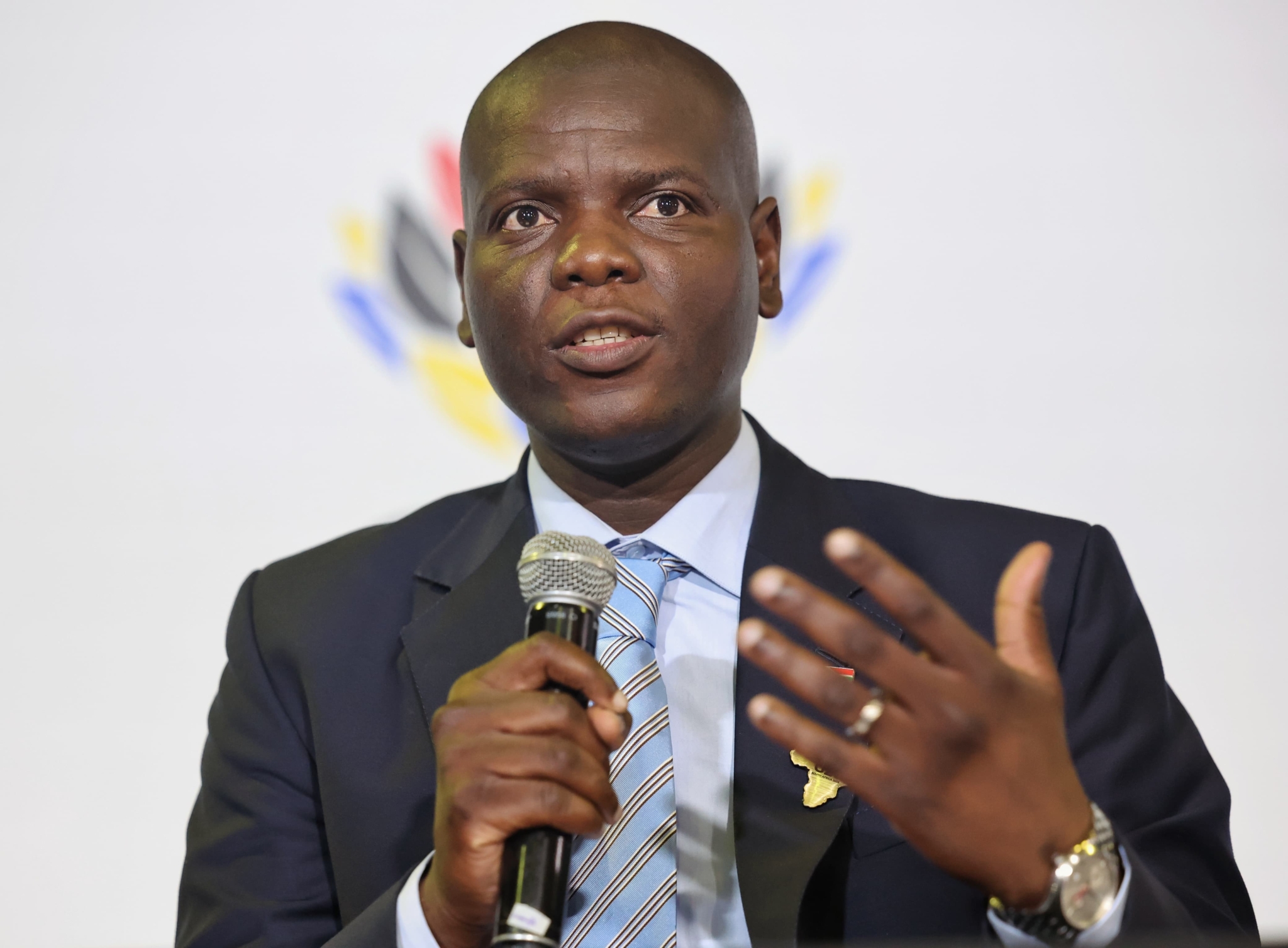


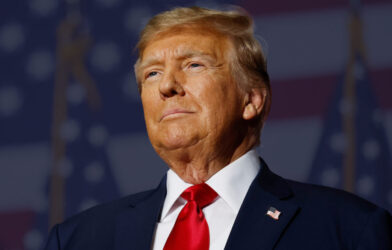
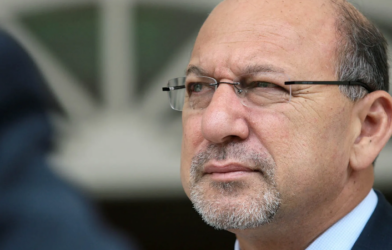
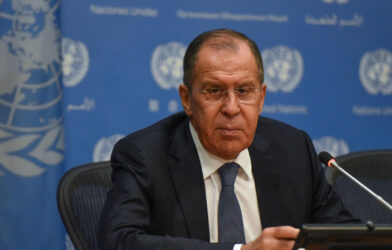

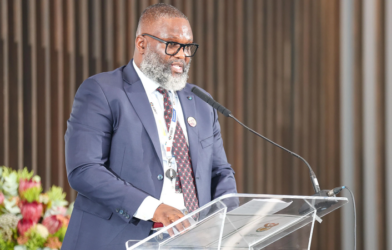

Comments are closed